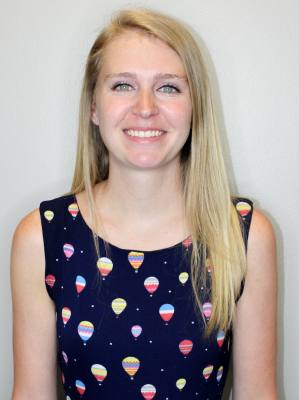Lone Star College System is implementing ways to make more educational opportunities available for veterans and active-duty service members by offering improved online services and flexible course start dates.
“About 90 percent of active-duty [service members] will take their courses online,” said Wendi Prater, associate vice chancellor of LSC-Online. “Factor in the spouses of all those service members and then veterans—it’s an amazing opportunity.”
With these online services, current and former military students will still have access to the same courses and degree plans as nonmilitary students. However, they will be provided with more individual support from Lone Star College’s Department of Veterans Affairs.
Prater said military-affiliated students will have specific advisers available to help them better understand their benefits, enroll in classes and succeed in completing their courses, despite challenges that may arise with deployment or other scheduling conflicts.
The online service updates will help veterans and active-duty service members reach their goals and increase retention and completion rates within the colleges, said Steven Hall, LSCS director for veteran affairs and veteran services. Hall said the department is actively seeking new advisers to make the ratio of advisers-to-students more conducive to reaching these goals.
“We want to be sensitive to their assignments, and, if they’re getting called up, we’re going to have to be a little more flexible,” LSCS Chancellor Steve Head said.
Hall, a 25-year Air Force veteran, said he estimates about 500 military and former military students will be enrolled and using these services a year from now. He also said LSCS could see between 12,000 and 15,000 military-affiliated students in the next three to five years using these online services to further their education before, during and after deployments.
“I’m aware of professors coordinating with commanders of service members in combat areas to arrange for proctoring of exams,” LSCS board member Linda Good said. “This is really very dynamic, and it helps them continue their education even though they’re deployed overseas.”
Head said it is important for the college system to find faculty members willing to accommodate these circumstances so the program can be successful.
“We think we have some tremendous opportunities to enroll more individuals serving in the armed forces,” Head said.





